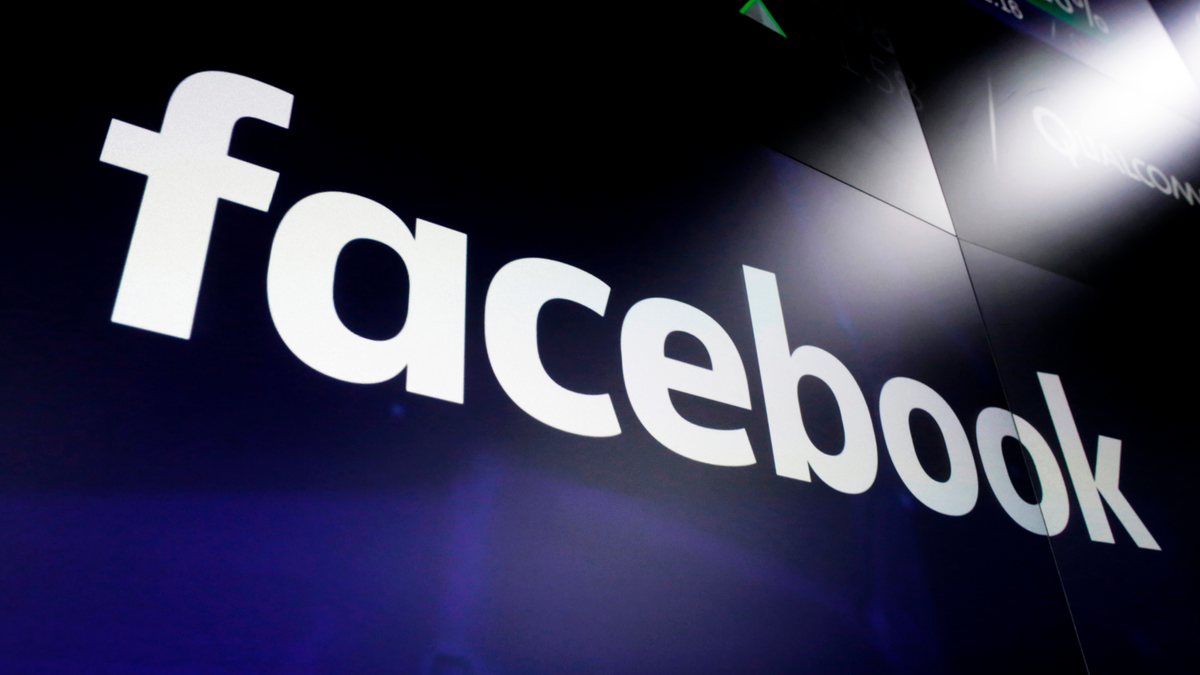
FILE -- Photo of the Facebook logo (AP)
Facebook has officially been around for 15 years, and for many of us, scrolling through our timelines is a part of our daily routine. In those 15 years, Facebook has had an enormous impact on how we carry out our romantic relationships. Facebook can add value to our relationships but if we’re not careful in how we use it, it can end up taking a toll on the relationships we value most.
Here are three ways that Facebook has affected our romantic relationships, and some signs that you might benefit from taking a step back from social media.
1. FOMO
The current outbreak of "fear of missing out," or FOMO, arrived on the heels of Facebook. Users spend much of their day scrolling through their timeline to ensure that they don’t miss out on anything. Even though you wouldn’t typically care what new recipe your cousin made for dinner, much less see some stranger’s vacation photos, Facebook reinforces in its users a hunger for wanting to see that content by constantly putting it in front of us.
FOMO begins to put a strain on couples when it comes to reaching relationship milestones, like getting engaged, buying a house, adopting a pet, getting married, and having babies. When a partner is bombarded with their friends’ posts celebrating those relationship milestones, it's common for them to begin to feel bad about their own relationship, like they’re missing out.
If you consistently find yourself comparing your relationship to the ones you see on social media, it might be a good idea to step back and remember that people generally share only the best version of themselves and their relationship. Often, that can be very different from reality.
2. Being “Facebook official”
Facebook offers its users a variety of relationship statuses to choose from that will then be publicly displayed on their profile for all their friends to see, including “Single,” “Engaged,” “It’s Complicated,” “Divorced,” and the sought-after “In a Relationship.” Choosing to publicly display your relationship status on your Facebook page (or not) can mean a lot to a romantic partner. For some people, being “Facebook official” has become an important public sign of commitment, and when a partner doesn’t bother to make it known on Facebook that he or she is in a relationship, the other person may become offended.
On the other hand, two partners could choose two different relationship statuses, resulting in confusion and hurt feelings. If you feel like your relationship status in real life isn’t reflected by what your partner chooses on Facebook, that points to an issue in real-world communication. Rather than putting importance on something chosen from a drop-down menu or assuming you even agree on whether your love life is anyone else’s business, it’s best to talk to your partner and decide together how to define your relationship, as well as what are your social media expectations.
3. Facebook stalking and surveillance
Being Facebook friends with someone makes it easy to stay up to date on their daily activities. This is especially true since Facebook introduced the check-in feature in 2010, enabling people to use the GPS on their phones to let their friends know exactly where they are and what they’re doing.
However, “Facebook stalking” can be extremely unhealthy for romantic relationships. Facebook enables people to keep tabs on their exes, despite being in a committed relationship. If you or your partner are still friends with an ex, you may want to evaluate why. It’s rare that seeing your ex go on vacation with a new partner or have fun adventures in a new city is going to make you happier, especially at first.
CLICK HERE TO GET THE FOX NEWS APP
And it can be easy to become obsessed with monitoring your partner’s Facebook activities, especially if you’re the insecure and/or jealous type. Facebook’s features can invite undue expectations and miscommunication. For example, what does it mean when you “liked” someone else’s photo? — or when you didn’t comment on your partner’s?
Thanks to Facebook, we can easily remove that temptation from our lives without any of the dreaded, face-to-face confrontations. Prior to Facebook, people would grow apart and quietly let someone disappear from their lives, but today, unfriending is the step that makes that distance possible.
As Facebook users, we can choose to “unfriend” our exes with the click of a button. And we can be upfront with our partners about our relationship expectations, so that we, and not Facebook, set the rules.








































